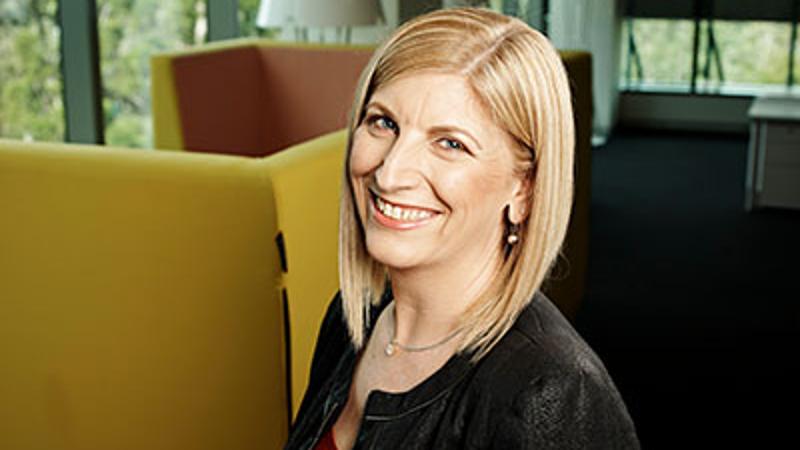
QUT welcomes the $210 million Food Agility CRC announced today by the Minister for Industry, Innovation and Science Senator Arthur Sinodinos.
QUT’s Professor Bronwyn Harch who is executive director of QUT’s Institute for Future Environments (IFE) has been appointed research director of the new CRC.
The bid consortium is led by the Knowledge Economy Institute at the University of Technology Sydney (UTS), together with QUT and Curtin University.
Professor Harch said the CRC for Food Agility would drive the digital transformation of the agri-food industry in Australia.
“We aim to help ensure the Australian food industry is poised to grow its brand, markets, jobs and exports as the world’s population grows, becomes more affluent, and demand for high-quality food increases,” Professor Harch said.
“With global population predicted to reach 9.6 billion by 2050, Australia, which already enjoys an international reputation for safety and quality, has an enormous opportunity as a producer of fresh and processed food.
“The Food Agility CRC will be working with those involved at every level of the agri-food industry to undertake research and work out how best to pursue this opportunity.”
Professor Harch said in a world where everything was digitally connected, data was a critical asset and food was no different.
“The CRC will empower the Australian agri-food industry to grow through digital transformation,” she said.
“We will create digital technologies and platforms that connect food producers, processors and retailers to each other and to the data they need to run their businesses more efficiently, profitably and sustainably.”
Professor Harch said the key was to simplify the jobs of growers, processors and retailers.
“Put yourself in a farmer’s shoes. They have to track and make sense of a massive range of agricultural, environmental and economic variables – soil conditions, weather and climate patterns, commodity prices, exchange rates, consumer preferences, and so on.
“They can tap into more data streams than they could 10 or 20 years ago, but the data are disconnected and inadequate. They need to make quick decisions but are suffering from information overload.
“Through the CRC we want to create simple, user-friendly tools that help businesses all along the food value chain to detect opportunities, assess risks and make sound decisions, from tools that assist in the sustainable and efficient use of soil through to the use of artificial intelligence in food provenance and supply chain tracing.”
The CRC will have three research programs, Digital Agrifood Technologies, Agrifood Informatics and Sustainable Food Systems – in other words, hardware, software and humanware.
Professor Harch said as well as integrating sensing, communications and data analysis technologies, the CRC would investigate the governance and regulatory frameworks and workforce skills and education that support digital innovation.
QUT is one of the lead research partners in the CRC. Researchers from across science and engineering, business, creative industries and law – will participate in the CRC’s projects.
The CRC has 54 partners from across the food value chain – including 15 technology providers, 11 food production companies, 7 service providers, 7 research providers, 6 regional development agencies, 5 government agencies and 3 industry networks.
The Federal Government’s Cooperative Research Centres program will provide $50 million funding over ten years, complemented by $160 million from the CRC’s 54 partners.
The Food Agility CRC announcement is available here
Media contacts:
Rose Trapnell, QUT media team leader, rose.trapnell@qut.edu.au or media@qut.edu.au, 07 3138 2361 or 0407585901.
Leonie Hellmers, Food Agility CRC, 0418 244 382, leonie.hellmers@uts.edu.au foodagility.com




